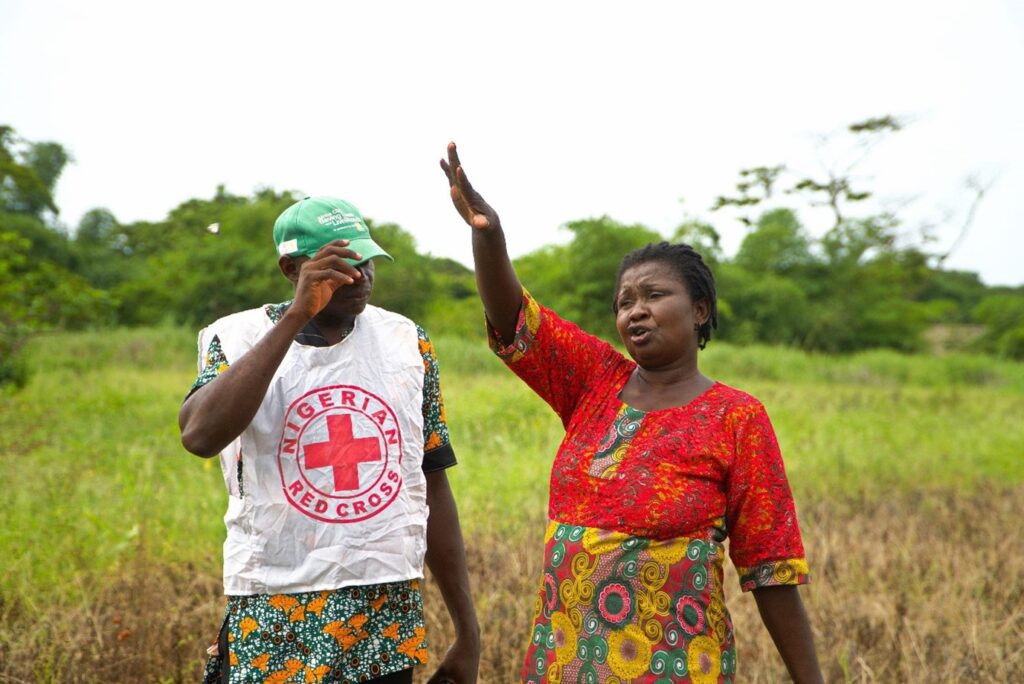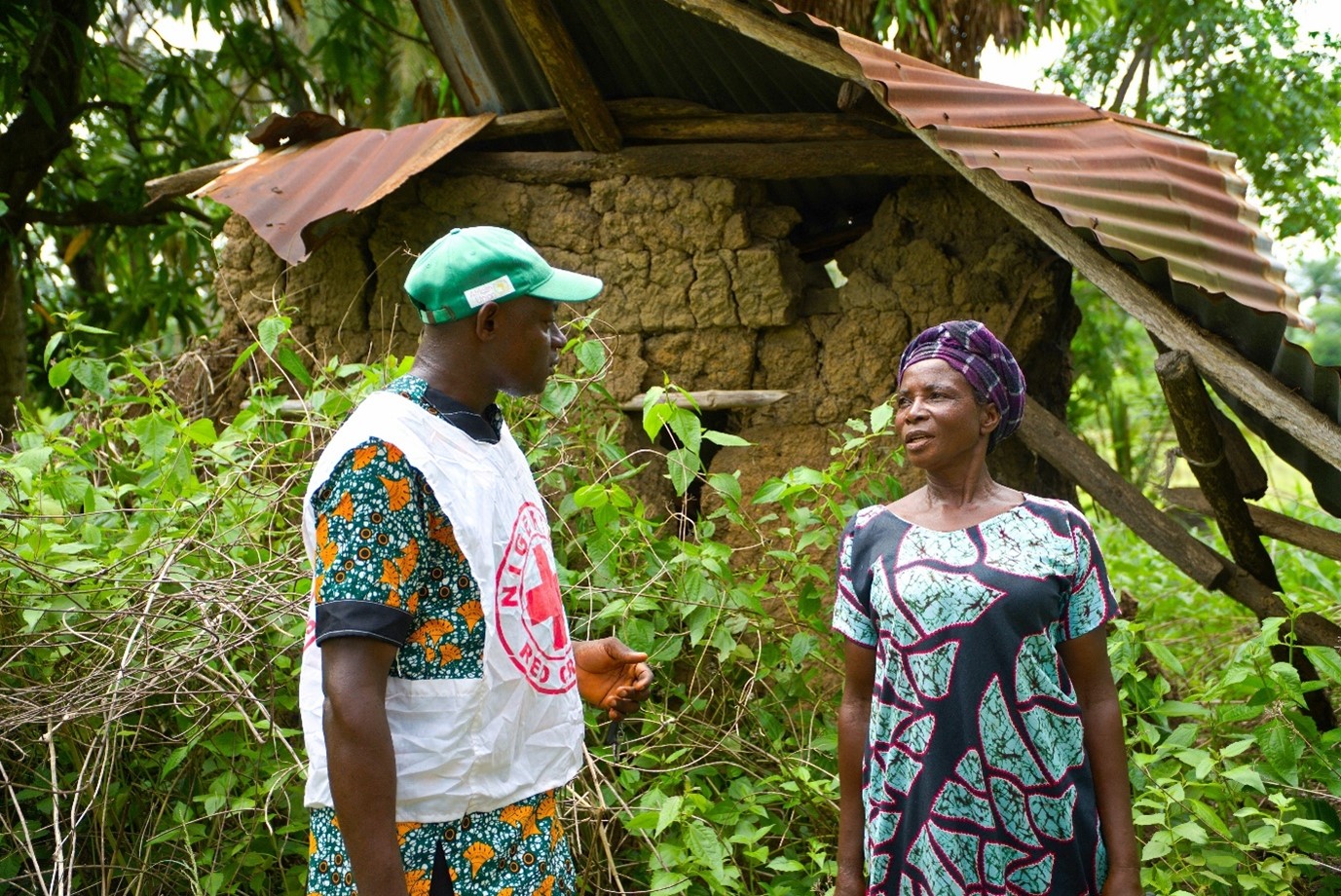In Nigeria, REBUMAA Seeks to Improve Community Resilience
/
Communities across Nigeria are experiencing adverse effects of changing weather patterns being caused by climate change. Whole communities are being washed away by floods with thousands losing their homes, stored food, farmlands and are unable to fend for themselves and family due to the destruction caused by the floods.
In the Nigerian states of Enugu, Kwara and Ogun, the Nigerian Red Cross is working with stakeholders to carry out research to help mitigate the impact of climate induced disasters. The thrust of the research is to discover ways that communities can navigate the change and disruption to their lives caused by the fall out of climate.
The CLARE (Climate Adaptation and Resilience) funded Resilience Building through Multi-Stakeholder Engagement in Anticipatory Action (REBUMAA) for Climate Induced Disaster is focused on understanding how anticipatory actions can be effectively designed and implemented to increase resilience to flooding with a focus on forecast-based finance.
The communities that have been identified by the Nigerian Red Cross are the most vulnerable rural, semi urban and urban communities. They were mapped, analyzed and selected based on the impact of riverine flood. Adaye Philomena Njoku of Okpanku community in Enugu state says, “when the floods come, we lose a lot. Crops, livelihoods…I lost my home.” Like many others, Njoku, lived with her family in a traditionally built mud house, and when the floods came, it destroyed their home, displacing them.

The story is not different in other parts of the state. Ivoke Chinwendu, a farmer who lives in Nkanu East, Enugu state, grows yams, cassava, and banana.
“I lose my crops every year when the flood comes. We must harvest tubers of yam prematurely because the floods will take it all away.”
The people in the community have been made poorer because they cannot reap maximum yield from their farm produce and cannot meet their household needs.
The Nigerian Red Cross is now conducting Enhance Vulnerability Capacity Assessment (EVCA) in communities in Enugu, Kwara and Ogun to help identify the vulnerabilities that need to be addressed to improve the resilience of the communities to climate induced disasters.
Categories
Countries
CLARE Pillars
CLARE Themes
CLARE Topics


